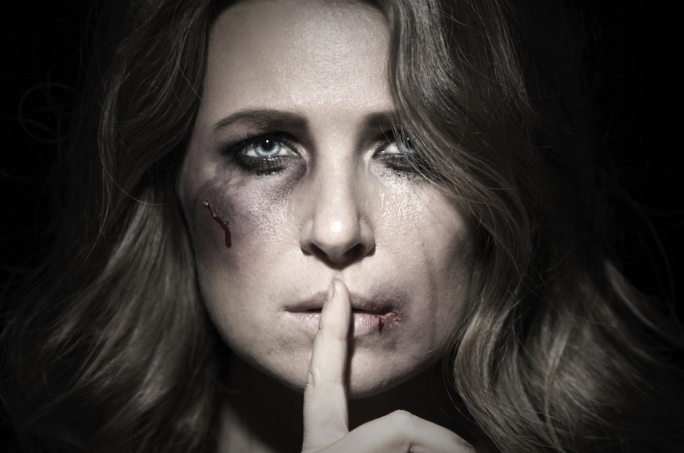The 25th November is the International Day for the Elimination of Violence against Women – a day which recent happenings, both in Malta and abroad, have shown us we still desperately need.
Violence against women is still happening on a daily basis and is a reflection of the patriarchal structures of dominance in our society. The culmination of this violence results in femicide, which is the most dramatic form of violence against women; it is the murder of a woman just for being a woman.
The last case saw the cold-blooded murder of Chantelle Chetcuti in February 2020, just 9 months ago. She was 34 years old and was attacked by her ex-partner, who is also the father of her two daughters. He was released on bail just last week, even though he had admitted to the murder, sending a strong message to society that femicide is not the contemptible crime that it is.
Violence against women is not an occasional act disconnected from daily life. We live in a society where, despite laws giving equal opportunity to men and women in most aspects of our lives, men still demonstrate a sense of entitlement as a result of their social privileges, whether they are aware of it or not. 1 in 3 women experience physical, moral, psychological, sexual or other forms of violence in their life. Domestic violence is the third most common type of crime in Malta, and a disproportionate number of offenders are male. Many people tend to minimize this reality and to claim that men can also be victims of violence. However, it is shelters for female victims of domestic violence and their children which are full.
Harassment and rape are also forms of violence which is inflicted more on women and girls than men and boys. It is time to recognize this and take action. There is nothing that justifies rape, which is one of the worst forms of violence carried out on women and girls.
Blaming women and girls for their behaviour, life-style and clothing after being violated is way too common. On this year’s Women’s Day on 8 March, women and girls came out in droves, marching under the slogan ‘All Different, Same Struggle’. Many were carrying placards decrying the injustices and inequalities they still face today as women. Chants about the culture of excusing rape and violence in Malta could also be heard, such as in ‘Iġġibx skużi, dawn abbużi’.
We are still far from where we need to be, but thankfully, more girls and women are becoming increasingly aware of the patriarchal inequalities which still surround us. More people, NGOs, and academics are concerned about gender based violence and are actively contributing to change. Thanks to organizations like Women’s Right Foundation, Moviment Graffitti, Women for Women, Doctors for Choice, Young Progressive Beings, and other members of Voice for Choice coalition, many people are more conscious of the importance of sexual and reproductive health rights – without these, women can never be said to be treated as equal to men, their dignity trampled upon as the state takes away their bodily autonomy once pregnant.
All violence, including state violence, is related to power and control. Only two months ago, a woman received a warrant forbidding her from travelling as her ex-partner made false allegations that the woman intended to travel with the intent of having an abortion abroad, despite it being legal to travel for this reason. The warrant was revoked with the help of lawyers from WRF, but this is a perfect example of how easily women can have their rights and freedom of movement denied just because they are women.
A number of women gathered in front of the courts in protest, and these kinds of actions are exactly what we need to give visibility to the gender-based inequality women still face all too frequently, while empowering women to speak out and show solidarity with other women. This is essential if we are to move forward, claim our space, and demand to be treated as full human beings. We also need to see more men joining in the struggle against violence.
We must also stand in solidarity with trans women and migrant women. Victims of gender-based violence who belong to these groups can encounter even more difficulties in trying to overcome the violence they experience since they also face problems such as economic difficulties, lack of support from family and friends, language barriers, transphobia and racism.
In light of all this, an international day combating violence on women is essential not only to help us recall the positive steps that have already been taken to address this scourge on society, but also to remind us of the struggles women are still facing today.
This year, we should also keep in mind difficulties exacerbated by the pandemic. More women have lost their jobs, becoming financially dependent on their partner, and restrictive measures have locked many women in with their abusers.
An international day against violence on women connects and empowers women around the world. International Day for the Elimination of Violence against Women will remain necessary until all women stop experiencing violence and inequality based on their gender.
Moviment Graffitti is observing this day with a webinar called Let’s Talk about Violence against Women on 25th November at 7.00pm. Join us through the event page which you can find on the Moviment Graffitti FB page. The webinar will be streamed live on Facebook.




